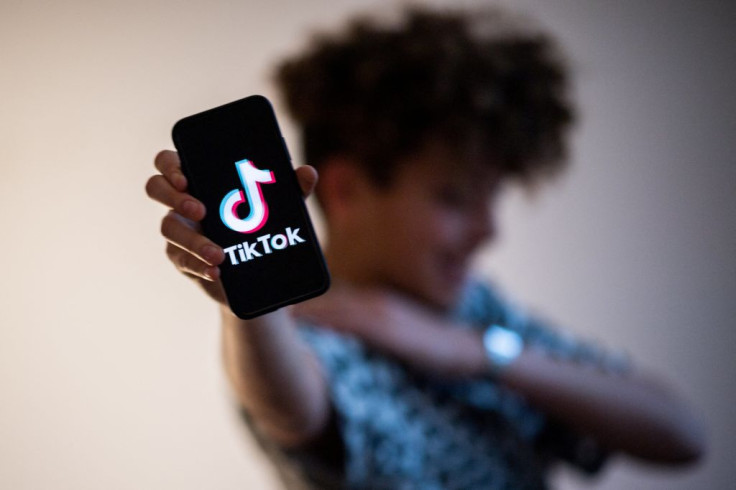TikTok France Sued Over Child Suicides: 'They Normalized Depression And Self-Harm'
Seven families sued the Chinese-owned platform, accusing it of promoting despair for profit
Seven French families are suing TikTok France, accusing the wildly popular video sharing app of normalizing "depression and self harm."
Of the seven, two lost children to suicide, the Associated Press reported.
Stephanie Mistre's 15-year-old daughter, Marie, died of suicide in 2021, and the grieving mom blamed TikTok for pushing content like suicide tutorials and methods, as well as encouraging users to go beyond "mere suicide attempts."
"It was brainwashing," Mistre, who lives in Cassis, near Marseille, told the Associated Press. "They normalized depression and self-harm, turning it into a twisted sense of belonging."
She and the other six families accused TikTok France of failing to moderate harmful content and allowing children to be exposed to life-threatening material.
Mistre said TikTok's putting the Chinese-owned app "in the hands of an empathetic and sensitive teenager who does not know what is real from what is not is like a ticking bomb."
TikTok told the AP when asked about the suit that its guidelines forbid promoting suicide and that it employs 40,000 trust and safety professionals around the world to purge the site of dangerous posts.
It also said it refers users who search for suicide-related content to mental health services.
The company wouldn't directly address the allegations, saying it had not been notified about the French lawsuit, which was filed in November.
Laure Bourtron-Marmion, the lawyer representing the families, said the case is based on "extensive evidence."
The company "can no longer hide behind the claim that it's not their responsibility because they don't create the content," she said.
The suit alleges that TikTok's algorithm is designed to keep vulnerable users caught up in patterns of hopelessness for profit. It is seeking reparations for the families.
"Their strategy is insidious," Mistre said. "They hook children into depressive content to keep them on the platform, turning them into lucrative re-engagement products."
© Copyright IBTimes 2024. All rights reserved.






















